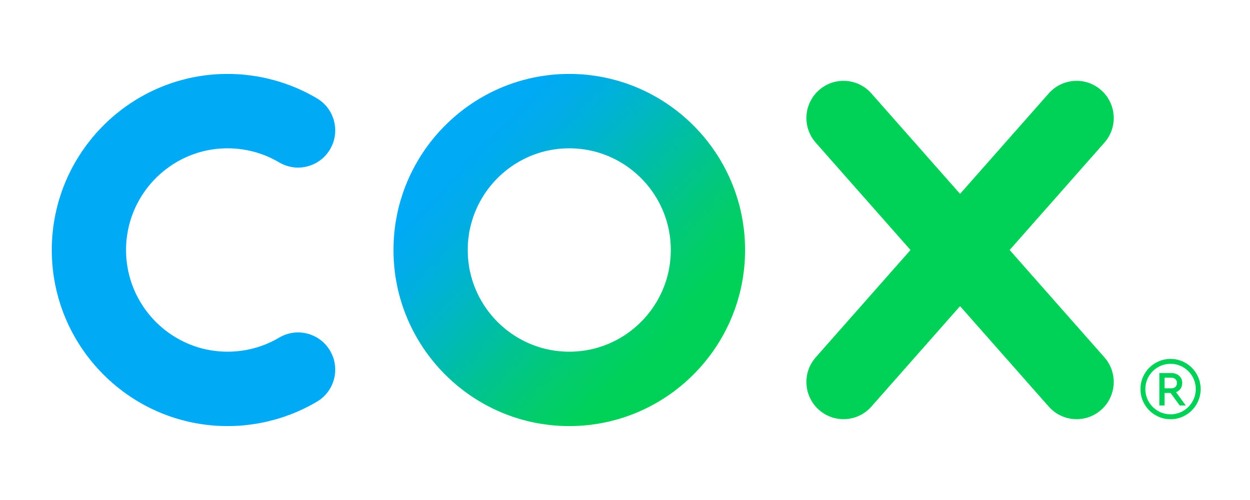This website uses cookies so that we can provide you with the best user experience possible. Cookie information is stored in your browser and performs functions such as recognising you when you return to our website and helping our team to understand which sections of the website you find most interesting and useful.
Business News Digital Labels & Publishers Legal
Both labels and Cox seek summary judgement in ongoing safe harbour case
By Chris Cooke | Published on Wednesday 11 September 2019

As the US record industry gets ready to face internet service provider Cox Communications in court – in a bid to hold the net firm liable for its users’ copyright infringement – both sides have filed motions seeking a summary judgement in their favour.
There has been plenty of back and forth between the Recording Industry Association Of America and the ISP ever since the majors and their trade organisation went legal hoping to benefit from a precedent arguably set in BMG’s earlier legal battle with Cox.
The labels accuse Cox – and various other ISPs in separate litigation – of failing to enforce their own policies to deal with repeat infringers among their respective customer bases. This, the music industry argues, means that the net firms should be deprived of safe harbour protection, which in turn means they could be held liable for their users’ infringement.
In its recent motion calling on the judge to rule in its favour without any court hearing, Cox principally lays into the evidence the RIAA has presented that supposedly shows its customers infringing the labels’ copyrights. Because if they can’t prove the direct infringement of any users, the labels can’t hold the ISP liable for any secondary or contributory infringement.
The ISP’s motion for summary judgement states: “Plaintiffs’ claims suffer from a fundamental and fatal flaw: a distinct paucity of proof. They simply cannot prove their case”.
It then goes into great detail picking holes in the ways that the RIAA and its anti-piracy partner MarkMonitor tracked the distribution of content over Cox’s networks. On top of that, it also argues that the record industry trade group failed to properly submit copyright infringement notices for most of the tracks the lawsuit now says Cox users illegally shared.
Beyond the evidence and paperwork gripes, the ISP also says that the labels have “no evidence that Cox knew about the infringement, obtained any direct financial benefit from it, or had the practical ability to prevent it, such that it could be secondarily liable”.
For their part the labels have also submitted a motion seeking summary judgement in their favour. They argue that, for all of Cox’s nit-picking over the RIAA and MarkMonitor’s evidence, it still stands that the ISP was aware that thousands of its customers had been accused of repeat copyright infringement and it chose to do nothing about any of it. Because, the labels add, it wanted to continue profiting from those infringing customer’s business.
Dismissing Cox’s claims about its liabilities, and insisting that the precedents set in BMG v Cox back up their arguments, the labels conclude: “By consciously continuing to provide internet service to known infringers, while ignoring its own copyright policies as written, Cox materially contributed to that infringing activity, and reaped substantial financial benefits as a result”.
“Accordingly”, they state, “summary judgment should be granted holding Cox liable for contributory infringement and vicarious infringement, and the court should reject its frivolous defences”.
We await the judge’s decision on both motions. Assuming both fail, and in the absence of any last minute settlement, we should then get some more quality court time on the liabilities of ISPs for their customers’ infringement and the limitations of the copyright safe harbour.





